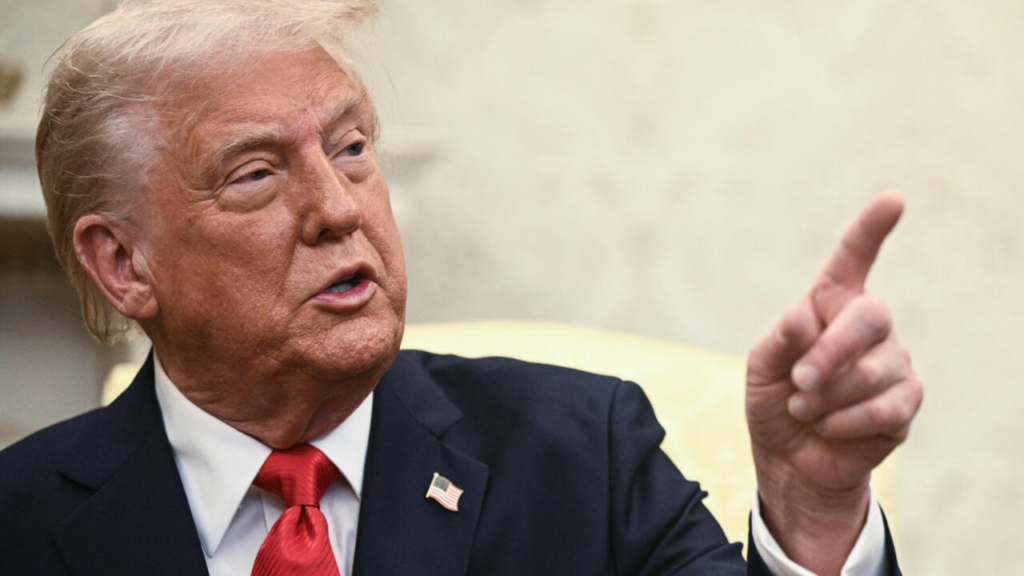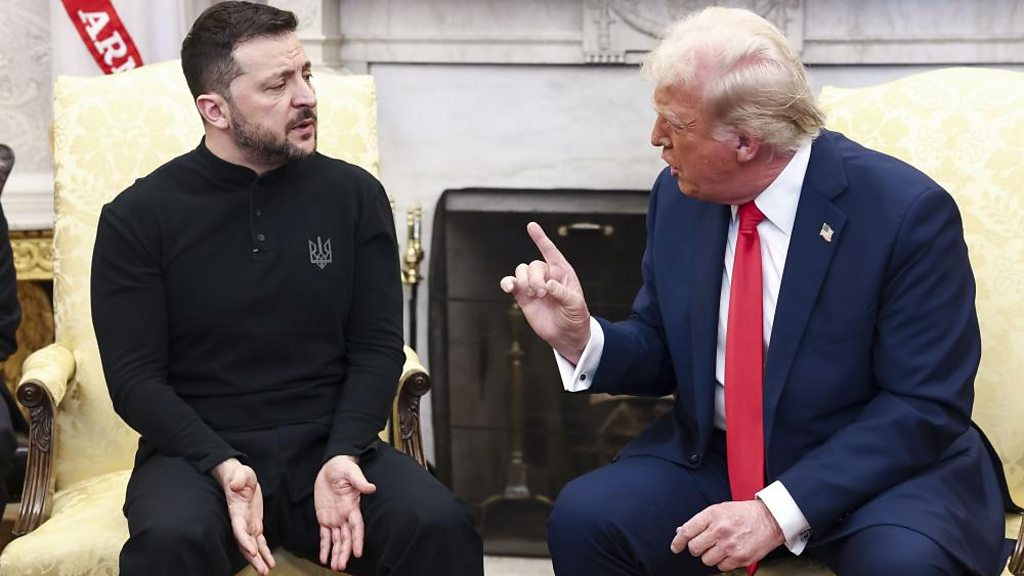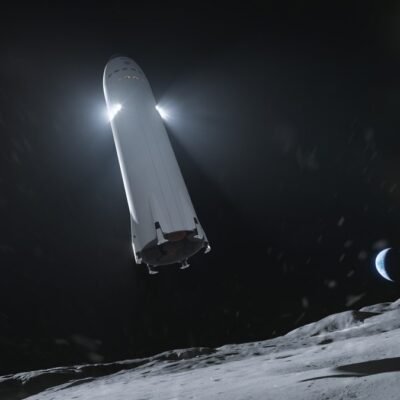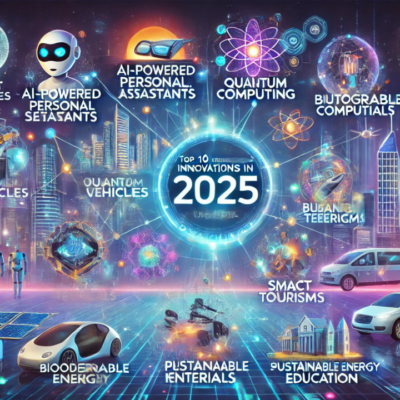In a recent statement that has sparked widespread discussion, war former U.S. President Donald Trump has distanced himself from the ongoing Russia-Ukraine conflict, describing it as “Zelensky’s, Putin’s, and Biden’s war.” The remarks, made via a post on Truth Social, reflect Trump’s ongoing narrative of deflecting responsibility for global conflicts while asserting that such events would not have occurred under his presidency. The statement has drawn reactions from political analysts, international leaders, and the public, highlighting the complexities of the war and U.S. foreign policy. This article explores Trump’s comments, their context, and their implications for American politics and international relations.

The Context of Trump’s Statement
The Russia-Ukraine conflict, which began with Russia’s annexation of Crimea in 2014 and escalated with the full-scale invasion in February 2022, remains one of the most significant geopolitical crises of the decade. The war has led to thousands of casualties, displaced millions, and strained global economies. The United States has played a pivotal role in supporting Ukraine, providing billions in military and humanitarian aid under President Joe Biden’s administration.
Trump’s recent comments come at a time when the war continues to dominate international headlines. In his Truth Social post, he stated, “The War between Russia & Ukraine is Biden’s war, not mine. I just got here & for 4 years during my term, had no problem in preventing it from happening.” He further criticized Ukrainian President Volodymyr Zelensky, Russian President Vladimir Putin, and Biden, claiming their actions have fueled the conflict. Trump’s remarks align with his broader political strategy of portraying his presidency as a period of global stability while framing his successors and adversaries as responsible for current crises.
Breaking Down Trump’s Claims
Trump’s assertion that the war would not have happened under his leadership is a recurring theme in his public statements. He has frequently claimed that his relationships with world leaders, including Putin, ensured peace during his term. In a post on X, one user summarized Trump’s stance, noting that he believes “Putin respected” him and that the conflict is a result of Biden’s and Zelensky’s mismanagement. However, this narrative oversimplifies the dynamics of the Russia-Ukraine conflict.
Analysts point out that while Trump’s administration did maintain a relatively stable period in U.S.-Russia relations, it also imposed sanctions on Russia and provided military aid to Ukraine, including Javelin anti-tank missiles. These actions were part of a broader strategy to counter Russian aggression, though Trump’s personal rhetoric often emphasized diplomacy with Putin. Critics argue that his recent comments ignore the complexities of the conflict, which stem from long-standing tensions between Russia and Ukraine, as well as Putin’s territorial ambitions.
Biden’s administration, on the other hand, has taken a firm stance against Russia, rallying NATO allies to impose unprecedented sanctions and supply Ukraine with advanced weaponry. Zelensky has been a vocal advocate for international support, urging Western nations to stand against Russian aggression. Trump’s criticism of Zelensky, including telling him to “shut his mouth” to avoid trouble, has drawn particular scrutiny for its harsh tone and apparent dismissal of Ukraine’s sovereignty.
Public and Political Reactions
Trump’s comments have elicited a range of responses. Supporters view his stance as a rejection of U.S. involvement in foreign conflicts, aligning with his “America First” policy. On X, some users echoed his sentiments, arguing that the war reflects poorly on Biden’s leadership and that Trump’s approach would have prioritized diplomacy over escalation. Others, however, see his remarks as an attempt to shift blame and avoid accountability for the broader geopolitical landscape.

Critics, including foreign policy experts, have called Trump’s statements misleading. Michael Linder, a commentator on X, remarked, “In reality, it’s Putin’s war on Ukraine, but never mind. He didn’t do it!” This sentiment reflects the view that Trump’s attempt to distance himself from the conflict ignores the fact that Russia’s actions are the primary driver of the war. Analysts also note that Trump’s rhetoric risks undermining U.S. support for Ukraine, which has been a cornerstone of Biden’s foreign policy.
Internationally, Trump’s comments have raised concerns about the future of U.S. foreign policy, particularly if he were to return to office. European leaders, who rely heavily on American support for Ukraine, may view his remarks as a signal of potential withdrawal from NATO commitments or reduced aid. This could embolden Russia and weaken the unified Western response to the conflict.
The Broader Implications
Trump’s remarks highlight the polarized nature of U.S. politics, especially as the 2024 presidential election looms. By framing the Ukraine war as “not my conflict,” he appeals to voters who are skeptical of U.S. involvement in overseas wars. This stance resonates with a segment of the American public that prioritizes domestic issues, such as the economy and border security, over international engagements. However, it also raises questions about the U.S.’s role as a global leader and its commitment to democratic allies like Ukraine.
The Russia-Ukraine war has far-reaching consequences, from energy price spikes to global food insecurity. The U.S. has been a key player in addressing these challenges, with Biden’s administration working to stabilize energy markets and support Ukraine’s agricultural exports. Trump’s comments, by contrast, suggest a more isolationist approach, which could have ripple effects on global stability.
For Ukraine, continued U.S. support is critical. Zelensky has repeatedly emphasized the importance of American aid in countering Russian advances. Trump’s criticism of Zelensky could complicate diplomatic relations, particularly if U.S. policy shifts in the future. Moreover, his remarks may fuel Russian propaganda, which has sought to portray the war as a Western-provoked conflict rather than an act of Russian aggression.

What’s Next?
As the war in Ukraine continues, the U.S. faces complex decisions about its role in the conflict. Biden has pledged ongoing support for Ukraine, emphasizing the importance of defending democracy against authoritarianism. However, domestic political pressures, including rising costs and war fatigue, could influence the scope of future aid. Trump’s comments may amplify these debates, particularly among voters who question the value of U.S. involvement.
For Trump, the narrative of distancing himself from the war serves as a political tool to differentiate himself from Biden. Whether this strategy will resonate with voters remains to be seen, but it underscores the deep divisions in how Americans view foreign policy. As one X user noted, Trump’s remarks reflect a desire to “keep his fingerprints off this disaster,” even as the war’s complexities defy simple blame.
Conclusion
Donald Trump’s recent comments on the Russia-Ukraine war have reignited debates about U.S. foreign policy and leadership. By blaming Biden, Putin, and Zelensky while declaring the conflict “not my war,” Trump seeks to position himself as a detached figure who could have prevented the crisis. However, the reality of the war is far more complex, rooted in historical tensions and Russia’s aggressive actions. As the U.S. navigates its role in the conflict, Trump’s remarks serve as a reminder of the challenges in balancing domestic priorities with global responsibilities.
For more information on the Russia-Ukraine conflict and U.S. involvement, visit CNN’s coverage or BBC News for detailed updates.
Trump Blames Biden, Putin, and Zelensky for Ukraine War: “Not My Conflict”
Introduction
In a recent Truth Social post, former U.S. President Donald Trump described the Russia-Ukraine war as “Zelensky’s, Putin’s, and Biden’s war,” distancing himself from the conflict. His remarks have sparked debate about U.S. foreign policy and the complexities of the ongoing war. This article examines Trump’s comments, their context, and their implications.
Context of the Conflict
The Russia-Ukraine war, escalating since Russia’s 2022 invasion, has caused widespread devastation. The U.S. has provided significant aid to Ukraine under President Joe Biden, while Trump claims the war would not have occurred during his presidency.
Trump’s Claims
Trump argues that his relationships with world leaders, including Vladimir Putin, prevented such conflicts during his term. He has criticized Biden’s leadership and Zelensky’s actions, suggesting they have fueled the war. However, analysts note that Trump’s administration also supported Ukraine with military aid, complicating his narrative.
Reactions
Supporters praise Trump’s “America First” stance, while critics argue he oversimplifies the war’s causes, which stem from Russian aggression. Posts on X reflect divided opinions, with some backing Trump’s isolationist views and others emphasizing Putin’s responsibility.
Implications
Trump’s comments highlight divisions in U.S. politics and could influence future foreign policy, especially if he returns to office. Reduced U.S. support for Ukraine could impact global stability and embolden Russia.
Conclusion
Trump’s remarks underscore the challenges of addressing global conflicts in a polarized political climate. As the war continues, the U.S. must balance domestic and international priorities.
For further reading, visit CNN or BBC News.
Also Read :- Apple Faces 25% Tariff Pressure as Trump Urges Reshoring iPhone Production





